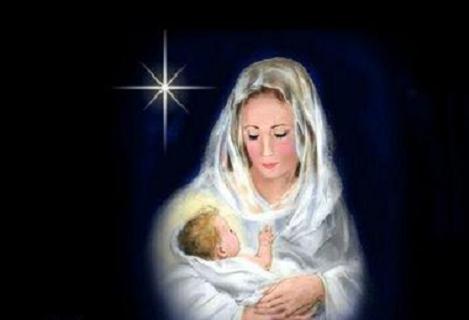
History
Modern scholars have argued that the festival was placed on the date of the solstice because this was on this day that the Sun reversed its southward retreat and proved itself to be "unconquered". Some early Christian writers connected the rebirth of the sun to the birth of Jesus."O, how wonderfully acted Providence that on that day on which that Sun was born...Christ should be born", Cyprian wrote. John Chrysostom also commented on the connection: "They call it the 'Birthday of the Unconquered'. Who indeed is so unconquered as Our Lord . . .?"

Although Dies Natalis Solis Invicti has been the subject of a great deal of scholarly speculation,. the only ancient source for it is a single mention in the Chronography of 354, and modern Sol scholar Steven Hijmans argues that there is no evidence that the celebration precedes that of Christmas: "While the winter solstice on or around the 25th of December was well established in the Roman imperial calendar, there is no evidence that a religious celebration of Sol on that day antedated the celebration of Christmas, and none that indicates that Aurelian had a hand in its institution."
A winter festival was the most popular festival of the year in many cultures. Reasons included the fact that less agricultural work needs to be done during the winter, as well as an expectation of better weather as spring approached. Modern Christmas customs include: gift-giving and merrymaking from Roman Saturnalia; greenery, lights, and charity from the Roman New Year; and Yule logs and various foods from Germanic feasts. Pagan Scandinavia celebrated a winter festival called Yule, held in the late December to early January period. As Northern Europe was the last part to Christianize, its pagan traditions had a major influence on Christmas. Scandinavians still call Christmas Jul. In English, the word Yule is synonymous with Christmas, a usage first recorded in 900.
The New Testament does not give a date for the birth of Jesus. Around AD 200, Clement of Alexandria wrote that a group in Egypt celebrated the nativity on 25 Pashons. This corresponds to May 20. Tertullian (d. 220) does not mention Christmas as a major feast day in the Church of Roman Africa. However, in Chronographai, a reference work published in 221, Sextus Julius Africanus suggested that Jesus was conceived on the spring equinox, popularizing the idea that Christ was born on December 25. The equinox was March 25 on the Roman calendar, so this implied a birth in December. De Pascha Computus, a calendar of feasts produced in 243, gives March 28 as the date of the nativity. In 245, the theologian Origen of Alexandria stated that, "only sinners (like Pharaoh and Herod)" celebrated their birthdays. In 303, Christian writer Arnobius ridiculed the idea of celebrating the birthdays of gods. However, since Christmas does not celebrate Christ's birth "as God" but "as man", this is not evidence against Christmas being a feast at this time. Moreover, the fact that the innovation rejecting Donatist Church of North Africa celebrated Christmas suggests that the feast had been established before the living memory of those who began that Church in 311.